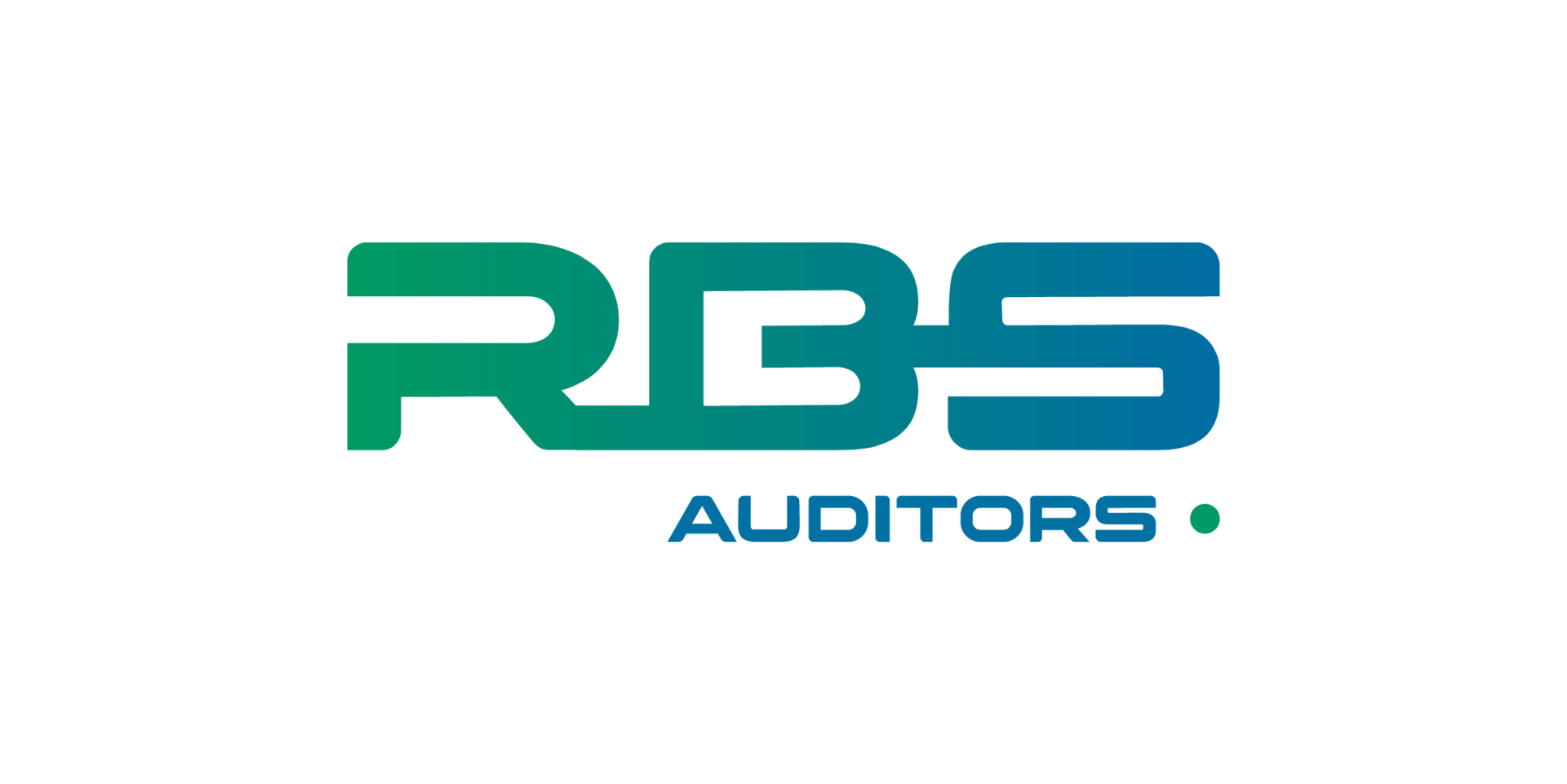
The UAE, with its favorable investor policies, advanced infrastructure, and, most importantly,y zero tax benefits in specific business zones, is now becoming one of the world’s major business destinations. Entrepreneurs and other companies from every corner of the world want to form their companies in UAE to avail themselves of this tax exemption advantage, strategic locations, and facilitation in the ease of doing business valuation. How, though, can you set up an enterprise in UAE with zero tax exposure? Let us find out in the process:

Understanding UAE’s Zero Tax Advantage
The UAE provides 0% corporate tax in Free Zones, so companies can work without paying corporate income tax if they meet specific requirements. However,t for mainland-based companies, a 9% corporate tax was introduced in 2023, except for companies with taxable profits below AED 375,000.
Step-by-Step Guide to Company Formation in UAE with Zero Tax Liability
1. Select the Right Business Structure
The first step is to decide whether you want to set up in the Mainland, Free Zone, or Offshore. To benefit from zero tax, forming a company in a Free Zone is the best option.
2. Select the Ideal Free Zone
There are more than 40 Free Zones in UAE, located across Dubai, Abu Dhabi, Sharjah, and other emirates. The Free Zone will vary depending on the industry; one might be tech-focused, and the other might be finance, trade, logistics, etcetera. A Free Zone can ensure 100% foreign ownership, zero tax, and complete exemptions on duties.
3. Register your business and get a license
To legally operate in the UAE, you must register your company and get a business license. The type of license depends on the kind of business activity: commercial, industrial, or professional. Free Zones have streamlined their registration processes, reducing bureaucratic hoops to jump through.
4. Open Corporate Bank Account
Once your company is registered, you’ll need a corporate bank account in the UAE. This helps manage financial transactions smoothly and ensures compliance with UAE’s banking regulations.
5. Meet the Economic Substance Regulations (ESR) Requirements
Although Free Zone companies enjoy tax exemptions, they must comply with Economic Substance Regulations (ESR) to prove genuine business operations in the UAE. This prevents misuse of tax benefits.
6. Benefit from VAT Exemptions
The free zones themselves provide exemptions of corporate tax while value-added taxes, at a 5 percent rate, still apply on selected goods and services; although, to most companies who dmakeinternational trades, VAT exemptions generally prevail.
Why RBS Auditors? To Form an SME in the UAE
How Can the RBS auditors Support You while Incorporating?
Do you also look for a Zero-tax entity? Now, this is indeed possible. Special Services Offered
- Business Set-Up Consultancy
- Business Registration License
- Free Zone or Offshore Corporate
- Bank Account support and opening
- Advise on all Value Added & Corp Tax Consideration

Conclusion
The strategic decision to set up a tax-free business in the UAE is, therefore, the best option for entrepreneurs who wish to maximize profits while enjoying a world-class business environment. By selecting the right Free Zone, being compliant with ESR, and using professional company formation services, businesses can take advantage of the zero tax in the UAE. With RBS Auditors, you get expert guidance to establish your business seamlessly and compliantly.





